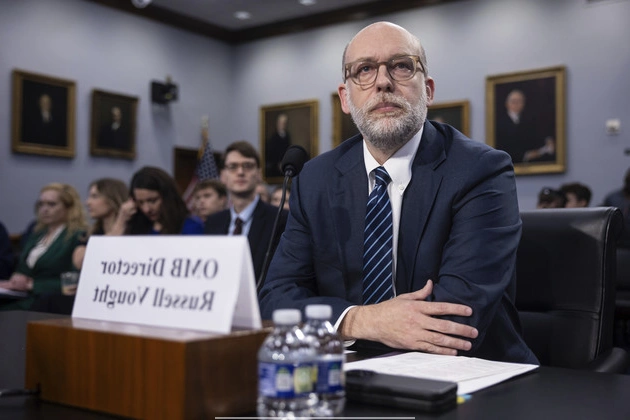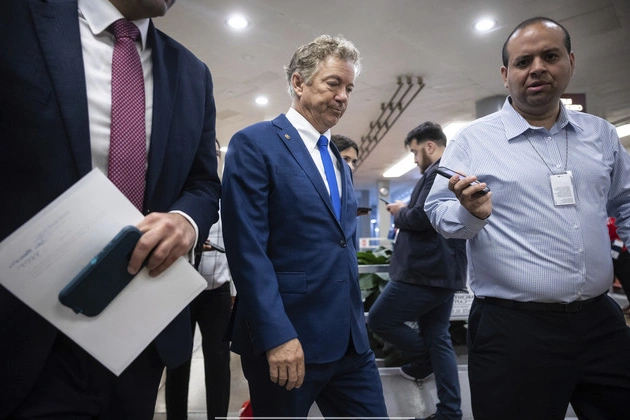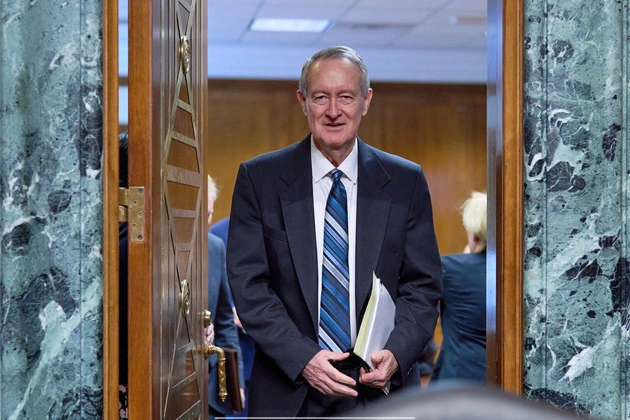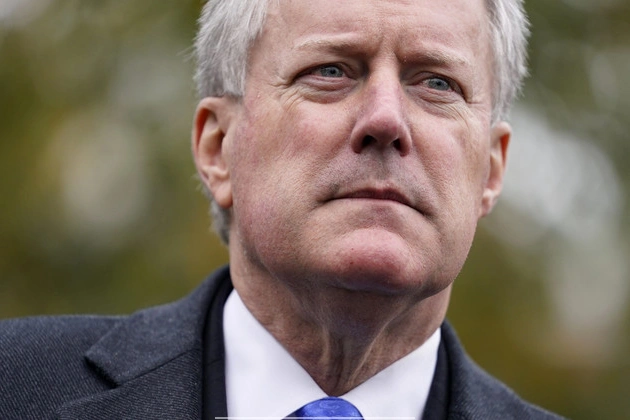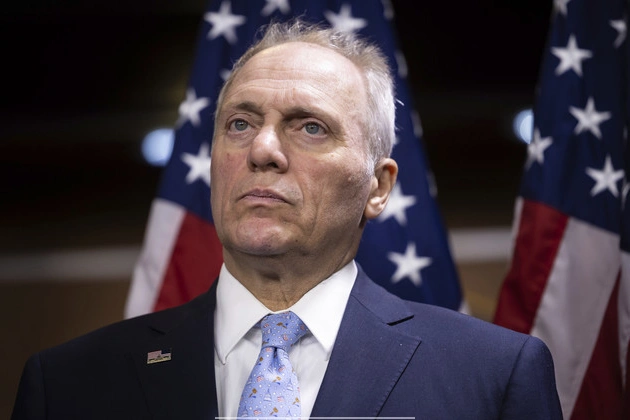
The politicization of the Department of Defense by President Donald Trump and Defense Secretary Pete Hegseth came under fire from Sen. Jack Reed (D-R.I.), the ranking Democrat on the Senate Armed Services Committee. Reed expressed serious concerns about the motives behind the recent firing of top Defense officials, including Chair of the Joint Chiefs Gen. C.Q. Brown, Chief of Naval Operations Lisa Franchetti, and Air Force Vice Chief Gen. James Slife.
Concerns Over Military Degradation
Sen. Jack Reed emphasized that the actions taken by Trump and Hegseth mark the beginning of a troubling trend in the military’s degradation and politicization. Reed praised the professionalism and dedication of the ousted military leaders, highlighting their commitment to upholding the Constitution of the United States.
Legal Concerns and Ouster of Judge Advocates General
In addition to the removal of top military officials, Sen. Reed raised alarms over the dismissal of the judge advocates general of the Army, Navy, and Air Force. Reed pointed out the significance of legal expertise within the military structure and warned against undermining the rule of law.
Defense of Firings and Civilian Control
However, Defense Secretary Pete Hegseth defended the firings on “Fox News Sunday,” citing the principle of civilian control over the military. Hegseth justified the actions as part of the president’s prerogative to select key national security and military advisors, despite the traditional expectation of appointees serving their full terms.
Reed’s Critique of Trump’s Favoritism Towards Putin
Sen. Jack Reed also criticized President Trump’s recent gestures that appeared to favor Russian President Vladimir Putin in the context of the Russia-Ukraine conflict. Reed questioned Trump’s diplomatic approach and urged for sustained pressure on Putin, emphasizing the importance of inclusive negotiations involving all relevant parties.






